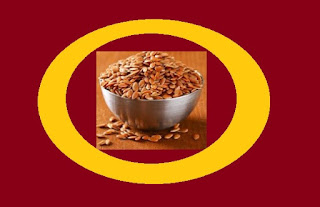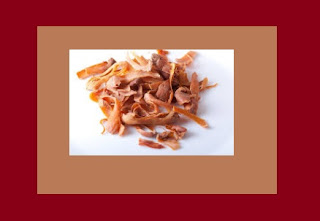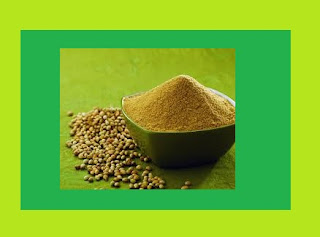Developing “about us” page for Food Products

“XXX” Food Products Company is start-up company name in the arena of spices and pulses. As company has well comprehended the ardent need of Indian cuisine, aroma, taste, and colour of a spice blend that are normally added in most of recipes, company is fully immersed in preparing range of products for all groups and food types to give real satisfaction of food taste to its esteemed Indian consumers. “XXX” is basically customer focused company and offer premium and natural taste driven products that meet the requirement of all ethnic groups as Indian land is known for diversity in culture and food types. “XXX” Food Products in global market rapidly growing in the arena of spices and pulses. The goal of “XXX” is to emerge as a renowned as a company of spices, pulses and grains across the national boundaries. “XXX” is working hard to build huge consumer base through offering quality spices, pulses and grains tested at the fully equipped quality control laboratori



